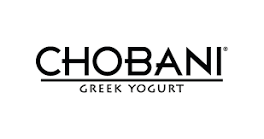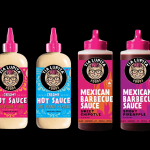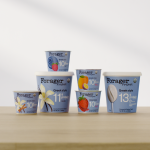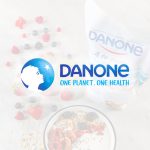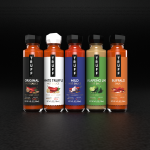IDFA Says New FDA Standard Identity of Yogurt Rules Are Outdated Already
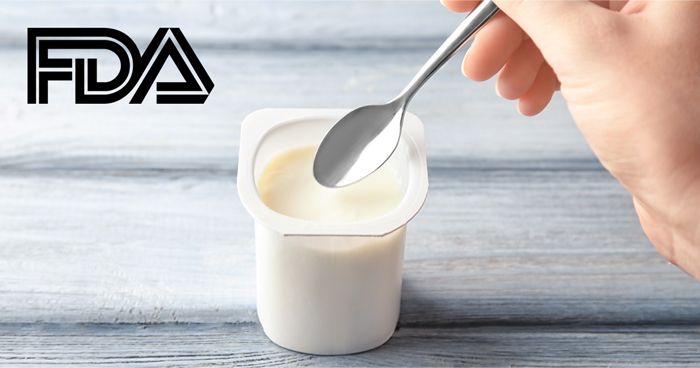
The FDA announced last week that it will not enact specific provisions from the 2021 Yogurt Standard Of Identity (SOI) regulations after the International Dairy Foods Association (IDFA) and Chobani filed six objections to specific articles regarding ingredients and processes used for yogurt production.
The update represents an effort by the FDA to acknowledge and hear complaints from industry stakeholders regarding the new rules, however, according to the IDFA, the resolution to its objections is not satisfactory and the next steps in the process remain unclear.
The IDFA challenged pH level requirements, determined by titratable acidity, prior to the addition of flavor-related ingredients; the prohibited use of pasteurized cream after culturing; the requirement that yogurt have a vitamin D content of at least 25% Daily Value (DV) if it is is added; the standard that yogurt must contain at least 3.25% milkfat and the exclusion of non-nutritive sweeteners as an optional ingredient in yogurt. Chobani filed one objection against a rule that did not allow ultrafiltered milk to be considered as a basic dairy ingredient.
However, the updated guidance still doesn’t allow for yogurt to be made in accordance with the IDFA’s proposed modifications, said a spokesperson for the organization. While the FDA has stayed every objection filed against the update, meaning the objected-to rules will not go into effect, the original yogurt SOI, enacted in 1981, remains in place to fill the gaps left by the recent objections.
“After 40 years since FDA first issued standards for yogurt, IDFA and our yogurt members are back to where we started several decades ago, beseeching the FDA to work with yogurt makers to make commonsense updates to a category that has been waiting more than four decades for modernization,” said Michael Dykes, president and CEO of the IDFA, in a statement. “Without standards that have been modernized, manufacturers are unable to meet consumer demands for innovative and nutritious yogurt products.”
Between the recent update and the 1981 rules, there is currently no minimum titratable acidity requirement or maximum pH requirement; both requirements were stayed in the original regulation as well. Additionally, even though the recent milkfat requirement was stayed, this same provision was a part of the 1981 standards, meaning that for now, yogurt must still contain at least 3.25% milkfat. Although the milkfat requirement remains in place, the provision changes the game for low-fat and nonfat yogurt.
“The final rule revoked the separate standards of identity for low-fat and nonfat yogurt,” explained an FDA spokesperson while noting that the stay did not impact this aspect of the rule. “These products are now subject to separate regulations for foods that deviate from a standard of identity due to compliance with an expressed nutrient content claim, such as ‘nonfat’ and ‘low-fat’.”
This means that low-fat and nonfat yogurt will be held to a separate, modified standard relative to their nutritional claims. The other objections, pertaining to sweeteners, vitamin D, cream and ultrafiltered milk, will not go into effect as they have not been impacted by the original regulation.
The notice is aimed at amending and modernizing the rules of yogurt making, which hadn’t been revised since they were originally introduced, in order to “allow for technological advances in food science and technology,” said an FDA spokesperson. According to the IDFA, the agency’s slow pace and lack of transparency has led to “commonsense” issues with the updated regulations.
“Because the rulemaking process has been so severely delayed and because the agency has consulted very little with yogurt makers, the final rule is already out of date before it takes effect,” said Dr. Joseph Scimeca, Senior Vice President of Regulatory and Scientific Affairs for the IDFA, in a statement. “For the most part, FDA relied on comments submitted 12 or more years ago to formulate its final rule — as if technology has not progressed or as if the yogurt making process itself has been trapped in amber like a prehistoric fossil.”
The IDFA and Chobani have both requested hearings on the matter, but the FDA has not determined if any be granted. The agency has not committed to a timeline for compliance, but notes that all non-stayed provisions will go into effect on Jan 1, 2024.
Chobani could not be reached for comment at the time of publication.

